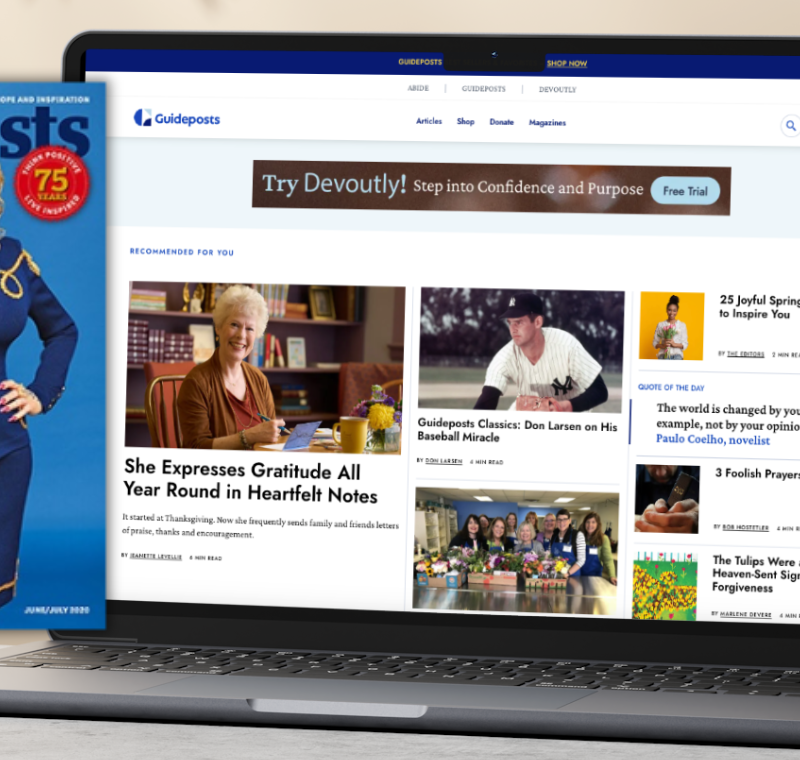10 startups solving key issues for media companies and magazine publishers

You can meet many media startups and innovators at DIS in March 2020.
***Take advantage of our offer for DIS 2020, taking place 24-25 March 2020 in Berlin. Sign up for DIS 2020 by 2 December to save €600 on final delegate rates. Sign up here***
1. Axate
The rise of fintech companies and alternative banking systems has made digital wallets, which are central to micropayments, a concept that is a little less foreign at least to younger readers. And their ubiquity has created an opportunity for publishers operated by a company called Axate (used to be Agate).
They have developed a digital wallet and have signed up a series of publishers, from Popbitch to The Cricketer. When users click on those sites’ premium, paid-for content, a small amount of money is deducted from their prefunded wallet and given to the content source. The signup process and user journey are both pretty seamless and consumers can also limit the amount they spend on content each week.
As Dominic Young, founder of Axate, says “we make payment effortless for consumers, with publishers retaining control over their pricing. Users with an Axate wallet can use it on any Axate-enabled site, creating a network effect between publishers which minimises sign-up barriers and maximises the market opportunity as the network grows.”
2. Pico
Pico is a solution for media companies who want to develop membership and subscription based systems. The three-year-old New York based startup has created what it calls an ARM (audience relationship management) platform. According to Co-founder and President Jason Bade, it’s a system that integrates email signups, on-site analytics, and payments. It is driven by two key conversion points – turning anonymous users into email signups and getting readers to pay.
As Bade told WNIP, “everything we do is dedicated to product design that optimises for these moments and makes life as easy and resource-inexpensive as possible for publishers transitioning to a ‘reader revenue’ business model.”
3. Aiden AI
For medium and smaller publishers, running ads on social platforms can be a time consuming and fractious process. It’s a problem that SF-based – via London and France – company Aiden.ai seeks to address. It essentially enables companies to monitor ads on multiple platforms (Google, Facebook, Instagram etc.) via a straightforward-to-use interface. The Pro version of the tool (which is priced at $349 per month) then harnesses AI to make suggestions as to how they can improve the performance of these ads.
4. Datasine
Datasine is a London-based startup which combines expertise in psychology and machine learning to help businesses – from brands to media companies – to personalise their communications at scale. For media companies this can be anything from selling subscriptions to encouraging click throughs on key stories.
Its key product is a personality-driven marketing platform Connect, which enables businesses to tailor content to resonate with their oftentimes very specific audiences. Its machine learning system analyses behavioural data which then powers a content editing platform so that words, images and videos are matched to the psychological profiles of the users or segment. There are three different versions of the service: a basic, free one which works with marketing tools like MailChimp; a £99 per month Pro version that also includes the option to personalise Facebook ads; and an enterprise version which has many more features.
5. Paydesk
As many publishers and news organisations pivot towards a freelance-driven model, the requirement for high quality, part time editorial staff has become ever more important. One startup that hopes to fill that gap is Paydesk. The company acts as a marketplace for freelance writers and numbers among its clients some of the world’s largest news publishers including the BBC, Reuters, Euronews, CBS, Voice of America, Vanity Fair, The Independent, and more. From a journalist’s perspective it also endeavours to address the key freelance problem of late payments. The service is built around a web-based platform which gives publishers access to a map of the 6,000 freelancers where they are based, what languages they speak and what skills each can offer.
6. Hearken
Startups are also helping to bridge the divide between the media, especially news organisations, and their audiences. US company Hearken, which now boasts clients across the globe, is a new model for including the public in the process of reporting. The company’s proprietary technology platform is called the Engagement Management System. It helps newsrooms generate actionable insights from the public to create more relevant, representative and original content. Editorial staff can keep engagement processes organised, and Hearken also helps revenue-focused staff generate qualified email leads and connect to newsletters and CRMs.
As CEO (and DIS regular) Jennifer Brandel explains, “the resulting content is higher-performing, original and converts people into paying subscribers or members at more than double the rate of typical stories. We do this through process and product innovation – helping newsrooms weave feedback from the public into their decision-making to produce more relevant content.”
7. Zencastr
Zencastr.com
The increasing appetite for podcasts has placed some media companies in a tricky position. Recording them in quality audio invariably entails face to face interviews, and this means that journalists spend more time away from their offices and produce fewer stories than they otherwise would. Zencastr is an inspired solution. It is essentially a high end voiceover IP communication system, but one that’s optimised to enable the users to make high quality recordings. Crucially, it archives each channel separately so they can either be edited later or spliced together using Zencastr’s basic editing functions. It is a breeze to use and the audio quality has enabled podcasters on different sides of the planet to work together in a seamless way.
8. Felix
gofelix.ai
Felix is offering a solution for publishers who want to turn their editorial content into social media posts quickly and efficiently. The London-based startup uses an AI-based system to analyse the content and then turn it into snackable video, Insta stories, audio snippets and more. The results are striking and shareable. The system is already used by a number of leading UK publishers and content marketers. Definitely a company to keep an eye on. Starter prices are GBP £50 per month for 100 articles.
9. Attest
For some publishing companies there is a requirement to mine third party data to help them to understand their audiences better, or maybe research new areas in which they might experiment. Attest is an online Consumer Growth Platform, where business can ask market research questions to audiences of over 100 million people across 80 markets. Think a rival for traditional survey companies but with an intuitive web-based self service platform and fast and accurate results. The London-based company recently announced a USD $16 million Series-A investment round.
10. United Robots
Sören Karlsson, the CEO of United Robots, spoke last year at DIS outlining his company’s approach to the automation of content. United Robots uses artificial intelligence to analyse data and then create basic stories. Its major successes so far have been in the creation of sports-based content and real estate news stories for Scandianavian publishers like Mittmedia and Schibsted. The company worked with Mittmedia in using its robot generated content to sell subscriptions. Karlsson told Digiday: “Automated articles are often pretty niche and super interesting to a small number of people. That makes them perfect for a personalised news feed or a niche product. It’s key to nail the context.”
 |
***Take advantage of our offer for DIS 2020, taking place 24-25 March 2020 in Berlin. Sign up for DIS 2020 by 2 December to save €600 on final delegate rates. Sign up here***
More like this
Podcast masterclass, part one: Equipment
High profile podcaster Jordan Harbinger on building and maintaining an audience
[FIPP Insight Report] Events in magazine media: how to convert them into a revenue source








